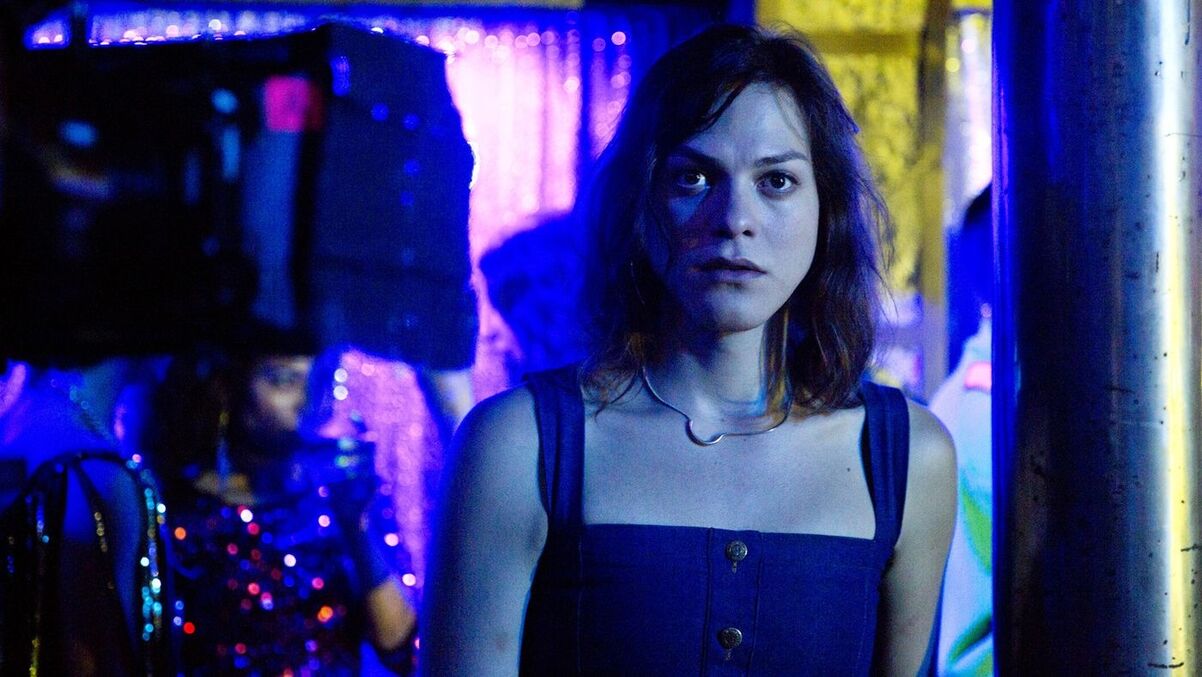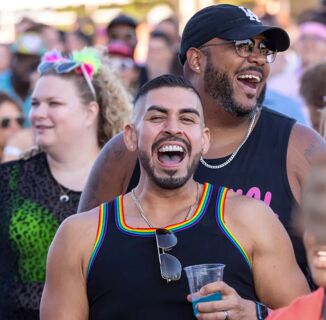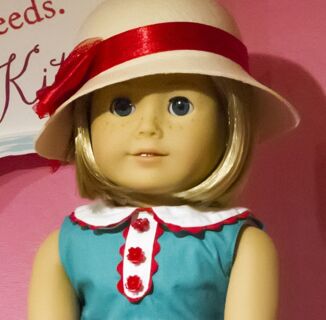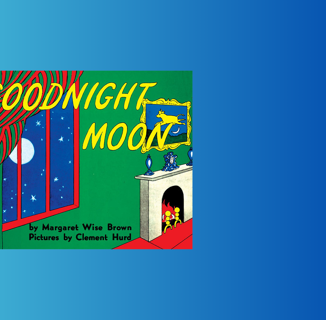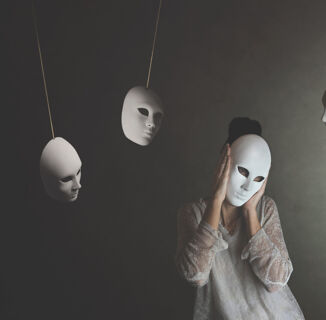In “But How Gay Is It?”, we seek to answer the biggest questions you have about a new movie release in theaters now including, most crucially, the titular question. Does the movie have any queer characters? Are there stories involving same-sex lovers? Which gay icons star in the film? We’re bringing you all that and more.
What is A Fantastic Woman?
The Chilean submission (and eventual nominee) for Best Foreign Language Film, director Sebastián Lelio’s A Fantastic Woman is one of the big non-U.S. films of the year. Lelio tells the story of Marina, a trans woman, who is in love with an older man, Orlando. When Orlando suddenly passes, Marina suddenly must deal with his family all of whom misgender, denigrate, and mistreat Marina at every turn. Despite their hatred, and a curious detective investigating the death who won’t leave Marina alone, she pushes on; the film is a chronicle of her perseverance.
Who’s in it?
The spotlight here is on Daniela Vega as Marina. She’s a trans actress, and she’s revelatory in the role. Every wince at another person questioning her identity cuts deep. She carries herself with power but seems to hide a timidity that someone will come along to strip that power from her at any moment. Truly, Vega’s performance is a terrific argument that trans actors should play trans roles: There are subtle moments and understandings of character that don’t come with acting training or empathy for a situation that isn’t yours. They must be lived personally to fully communicate them in performance.
Why should I see it?
It’s always worth checking out the foreign film nominees, as they’re often the movies with the most limited commercial play in the United States. But A Fantastic Woman would be worth the price of admission even if it weren’t a nominee. Vega is a revelation, and the movie itself is the kind of fresh, challenging, whimsical filmmaking so often produced in other countries and then ignored by American moviegoers.
But how gay is it?
It’s not. It’s a narrative about a trans woman.
I’ve mentioned previously (when reviewing I, Tonya) how a movie’s queerness and its gayness are not the same thing. The elements of a story that relate to a gay audience themes of fighting back against exclusion, intimacy between two people of the same sex (even when non-sexual) don’t need to be canonically gay to be queer. But only canonically gay content is really gay in the most explicit sense. It’s fun to joke about the twinks of Maze Runner, of course, but when it comes down to it, holding the film industry to a higher standard means asking for canonically gay characters and content.
Similarly, trans-centric narratives are not the same as gay narratives. There are gay trans people, but Marina is not gay. Often, “gay” and “trans” stories get sloppily thrown together, largely because the LGBT/LGBTQ acronyms include both. But to say a story is “LGBTQ” is nonsense; there are a lot of letters under that umbrella, and I’ve seen few works of art in my life that encompass every letter. A Fantastic Woman is about a straight, trans woman, who is in a relationship with a man. The main character is not gay, although the bigots around her do call her a “faggot.” Thus, there are queer themes in her story, but it isn’t a gay film.
Isn’t calling trans and gay stories different divisive?
It is, in the literal sense that we are dividing them into different things. But if you mean “divisive” as “we’re creating an antagonistic split,” then no, it’s not. The LGBTQ communities can obviously unite and rally together, as they often have. Much significant progress has been made in queer history thanks to the trans women who stepped up first. (This is why Roland Emmerich’s Stonewall movie which inserted a fictional white twink and sidelined real trans revolutionaries like Marsha P. Johnson was such a problem.)
But as gays, particularly white gay men, become more accepted and represented in culture, the burden falls upon us to be good allies and fight to get those stories not about us made and, when they are made, get them seen. Not everything needs to be about us. The Moonlights and Tangerines are still all too rare. A Fantastic Woman is a remarkable movie, both for its quality and for who it’s about. There’s not a white gay in it, which sadly will likely keep it from receiving the same vocal support that something like Love, Simon will. But it deserves all the hype in the world.
If you loved it so much, why wasn’t A Fantastic Woman on your 2017 top 10?
And why are you only reviewing it now? Because of how Oscar submissions work, particularly for the tricky foreign film category, A Fantastic Woman received a qualifying release for the 2017 Oscars despite only coming out in wider release (though not quite “wide” release) now. So it’ll likely be on my 2018 lists, since I go by release dates, not qualifying dates.
Should Daniela Vega have been nominated for Best Actress?
Without question. One day, a trans performer will get an Oscar nomination. It’s a shame it couldn’t have been this year.
A Fantastic Woman is in select theaters now.
Help make sure LGBTQ+ stories are being told...
We can't rely on mainstream media to tell our stories. That's why we don't lock our articles behind a paywall. Will you support our mission with a contribution today?
Cancel anytime · Proudly LGBTQ+ owned and operated
Read More in Culture
The Latest on INTO
Subscribe to get a twice-weekly dose of queer news, updates, and insights from the INTO team.
in Your Inbox

